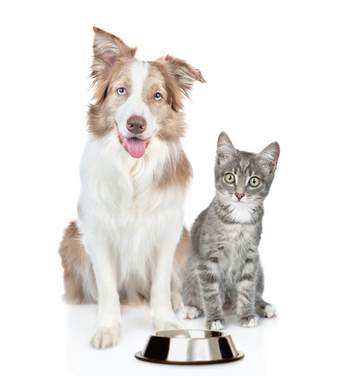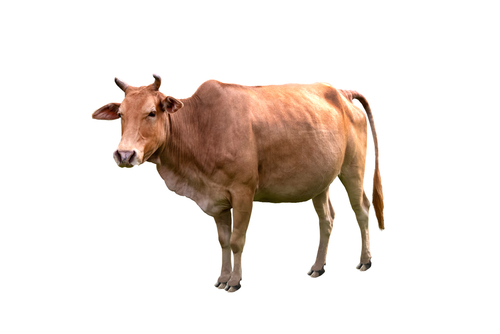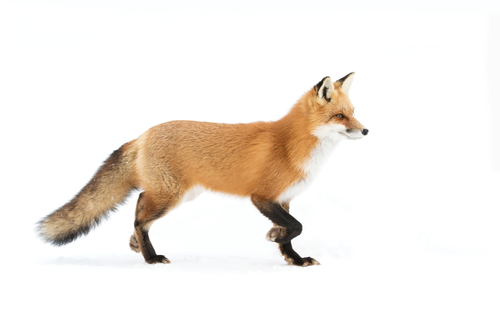Animals

Animal Control - Keeping, Registration, Pound and Complaints

All animals kept within Banana Shire Council are required to be kept in accordance with Banana Shire Councils Local Laws and State Legislation. This legislation defines, minimum standards, allowed animal species and quantities, specifications for proper enclosures, and so on, please see further details below.
FAQ's
Make an Animal Complaint

The Council animal compliance team receives hundreds of complaints every year. While we understand many concerns may be resolved with friendly neighborhood conversations, at times there is a need for Council intervention.
To register a complaint, complete the relevant complaint form and submit it to Council, alternatively contact Council via the following clicking on Contact Council.
Animals Wandering at Large
As per Banana Shire Council Local Law 2 (Animal Management), an owner must not allow an animal to wander at large, and all animals must be kept under effective control whilst in a public place. If you would like to notify the Council of an animal wandering at large, please call 4992 9500, or complete an Animal Nuisance Form. If a cat or dog has entered your property, you may choose to restrain the animal and contact Council to arrange collection.
Barking/ Noise Nuisance Dogs
Banana Shire Council recognizes the positive role that our pets play within our community providing companionship, and security, and improving lives across our shire. It is reasonable to expect that dogs will bark occasionally; however, ongoing barking is often a symptom of another problem. Communication is vital in resolving animal noise nuisance complaints within the community. Owners are responsible for ensuring their animals do not cause a nuisance by making excessive noise that disrupts or inhibits any normal activity ordinarily carried out in nearby properties.
Council’s Compliance team will liaise between complainants and animal owners to ensure all animal owners meet relevant legislation requirements regarding noise nuisances.
If you have concerns with a dog in your neighborhood, please complete the barking nuisance complaint form.
For more information regarding making a complaint, Council's processes, addressing animal noise concerns, and understanding the dog’s behavior, please refer to the Barking Dog Fact Sheet.
Stray Cat Management
Just like dog owners, cat owners need to ensure their animal stays within their property boundaries unless it is under effective control. In most cases, the quickest and easiest way to capture and identify wandering cats if by trapping the cat.
Cat traps can be hired from Biloela, Moura, and Taroom Customer Services Centres. Delivery can also be arranged to surrounding towns. You are required to complete the cat trap hire form, with a refundable fee as per Banana Shire Council Fees and Charges. Within your hire period, and if you trap a cat DO NOT attempt to remove the cat from the trap. Bring the trapped cat to the Council's animal management facility where one of our highly trained team members can remove it safely. You can then take the trap back home if you require it for the remainder of the hire period.
Welfare & Cruelty
If you have witnessed animal cruelty, or believe an animal is suffering from a welfare concern, please contact RSPCA.
Dispute Resolution
If a matter is out of Council's jurisdiction, there are other alternative organizations that can assist as a mediator during a dispute.
- Queensland Civil & Administrative Tribunal
GPO Box 1639, Brisbane Q 4001
Phone: 1300 753 228 Fax: 07 3221 9156
Website: www.qcat.qld.gov.au/
- Central Queensland Neighbourhood Dispute Centre
PO Box 542, Rockhampton Q 4700
Phone: 07 4887 1760; 1800 817 927 (toll free outside of Rockhampton)
Email: drc.central@justice.qld.gov.au
Livestock in Town or Village Zones

Livestock (eg horses, cattle, sheep, goats, donkeys, camels, llamas, alpacas) are not permitted in a town or village zone except where the property is at least 2ha (5 acres or 20,000m2) in size and a permit has been obtained from Council.
Livestock is only permitted in a rural residential zone, on properties with an area greater than 3000m2.
The maximum density of animals is to be 1 per 2500m2 for sheep and goats, and 1 per 3000m2 for other livestock.
Where grazing behavior is likely to cause damage to neighboring property, animals must be isolated from the property at risk, for example through a fenced area with a 3m setback from property boundaries.
Enclosures must be constructed to prevent the animal from going within 10m of any dwelling on an adjoining property.
Stallions and bulls: are not permitted in a town or village zone. Enclosures for stallions must be:
- at least 1.8m high and constructed so as to reasonably prevent the animal from escaping
- at least 20m from any residence on an adjoining property
- at least 2m from any property boundary
Pigs: pigs are not permitted in a town area except where development approval to keep pigs has been granted under the town planning scheme.
Where pigs are permitted to be kept, the enclosure must be at least 60m from any residence on adjoining premises, and at least 30m from any property boundary.
Livestock complaints
If you have a complaint regarding livestock within a town and village zone, please fill out the Local Laws Nuisance Complaint Form or contact Banana Shire Council.
If you have a livestock-related complaint in rural areas please contact the Banana Shire Council Rural Services Department 07 4992 9500.
Wildlife and Invasive Animals

Council only has a limited ability to deal with issues relating to wildlife. We may be able to assist with the following:
- Invasive animals such as dingoes, foxes, and feral pigs
- Magpies
- Flying Foxes
For more information about other types of wildlife visit the Department of Environment and Heritage Protection website. Please note that animals native to Queensland are protected under the Nature Conservation Act 1992 and it is an offense to kill a protected animal.
